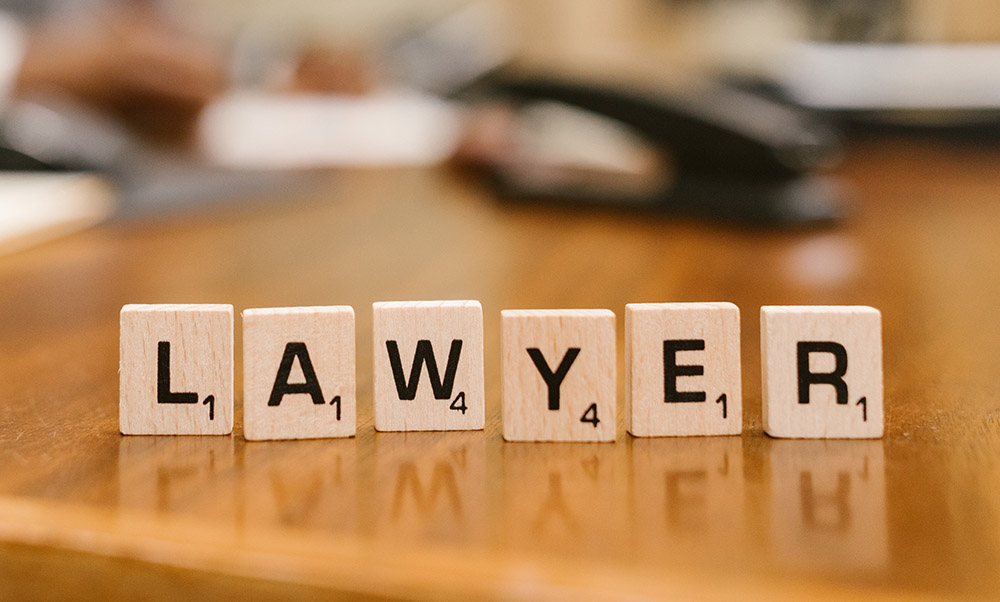
Pre-Trial Preparation as a Lawyer
Introduction:
In the realm of legal practice, pre-trial preparation serves as the bedrock of a successful litigation strategy. As a lawyer, the meticulous groundwork laid during this phase significantly influences the trajectory of the case and ultimately determines the likelihood of a favorable outcome. In this comprehensive guide, we delve into the key steps and strategies for effective pre-trial preparation, equipping legal practitioners with the tools to navigate the complexities of the legal landscape with confidence.
The pre-trial phase is a critical juncture where legal arguments are shaped, evidence is gathered, and the foundation for a compelling case is established. By embracing the art of pre-trial preparation, lawyers can position themselves for victory, armed with thorough research, persuasive strategies, and a clear understanding of the intricacies that will unfold in the courtroom. Let us embark on this enlightening journey, where we explore the essence of pre-trial preparation and its profound impact on the pursuit of justice.
1. Case Analysis and Strategy:
- Understanding the Case: Begin by thoroughly analyzing the facts, legal issues, and potential challenges presented by the case. Assess the strengths and weaknesses to develop a clear case strategy.
- Legal Research: Conduct comprehensive legal research to identify relevant laws, precedents, and statutes that bolster your arguments.
2. Witness Preparation:
- Identify Key Witnesses: Identify and interview potential witnesses who can provide critical testimony to support your case.
- Prepare Witness Statements: Thoroughly prepare witnesses for their deposition and trial testimony, ensuring they are articulate and credible.
3. Evidence Collection and Preservation:
- Documentary Evidence: Gather all pertinent documents, contracts, emails, and records that support your case.
- Physical Evidence: Identify and preserve any physical evidence that may be crucial during the trial.
4. Expert Witnesses:
- Retention of Experts: If necessary, retain qualified expert witnesses to provide specialized knowledge and opinions in complex areas of the case.
- Prepare Expert Testimony: Work closely with experts to ensure their testimony aligns with the case strategy and effectively communicates complex concepts to the judge and jury.
5. Pre-Trial Motions:
- Motion Practice: File appropriate pre-trial motions, such as motions in limine to exclude or limit certain evidence, to shape the scope of the trial.
- Responses to Motions: Respond to motions filed by the opposing counsel with persuasive arguments and supporting evidence.
6. Trial Notebook:
- Organize Case Materials: Compile a well-organized trial notebook containing all relevant documents, exhibits, legal research, and witness information.
- Use as Reference: The trial notebook will serve as a valuable reference during trial, ensuring smooth and efficient presentation of evidence.
Conclusion:
As we conclude this comprehensive guide on pre-trial preparation, the significance of this phase in the legal process cannot be overstated. The art of pre-trial preparation empowers lawyers to lay a strong foundation for a compelling case, setting the stage for success in the courtroom.
By conducting a thorough case analysis, preparing witnesses and evidence, engaging expert witnesses, and strategically filing pre-trial motions, legal practitioners can navigate the complexities of litigation with confidence and efficacy. Embracing the essence of pre-trial preparation, lawyers wield a potent tool that shapes the course of justice and secures favorable outcomes for their clients.
In the pursuit of justice, let us embrace the art of pre-trial preparation, recognizing its power to lead us towards triumph, uphold the rule of law, and champion the rights of those we represent in the pursuit of truth and equitable resolutions.
